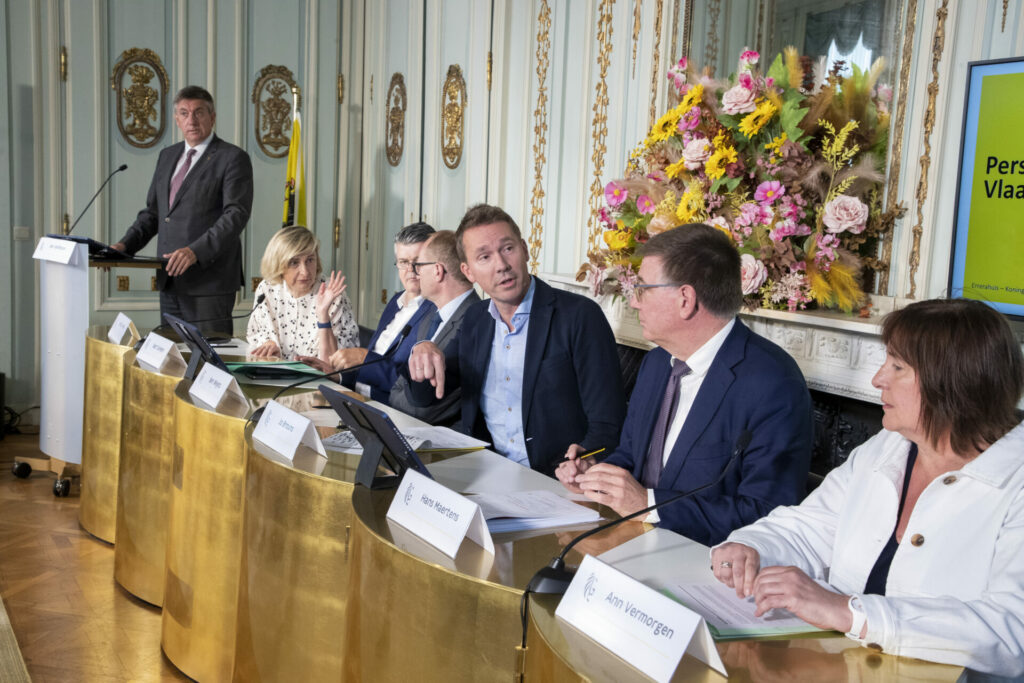Trade unions and employers are advising the Flemish government to open up more jobs to non-EU economic migrants to tackle the current labour shortage.
This recommendation comes from the Social and Economic Council of Flanders (SERV), consisting of representatives of both employers and trade unions. This body advises the Flemish executive on socio-economic matters, including solutions to labour shortages.
The shortage is only growing, particularly in occupations such as plasterers and heating engineers. This year, 234 occupations reported a lack of personnel in Flanders. The SERV has said that companies should be able to hire workers from outside the EU more quickly and easily to solve the issue.
Therefore, trade unions and employers are calling for better coordination between the list of medium-skilled occupations (for which economic migration is possible) and existing labour shortages.
Trade unions and employers recommend expanding the list of medium-skilled jobs for economic migration to 51 occupations, including heating engineers, ceiling workers, road workers, chefs and fellers.
Related News
- Nearly 1.3 million Belgians neither working nor looking for work
- Non-nationals made up just under 16% of Belgium's workforce in 2022
The jobs that are understaffed at the moment do not automatically qualify for economic migration. The occupations would first need to be included in an official list. Only then can employers hire a person from outside the EU for a fixed period of time, without having to carry out a special labour market analysis.
The labour market in Belgium is particularly inaccessible to non-EU nationals, according to a 2022 study from the University of Ghent. Migrants that are already in the country are struggling to find work and researchers attribute this to employment discrimination. However, in Flanders, 41.1% of non-Europeans were also inactive in the labour market in 2022, meaning that they were unemployed and not actively looking for work.

